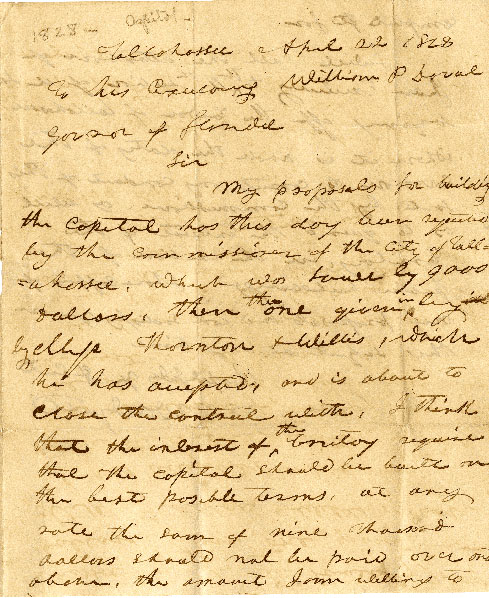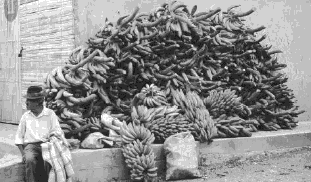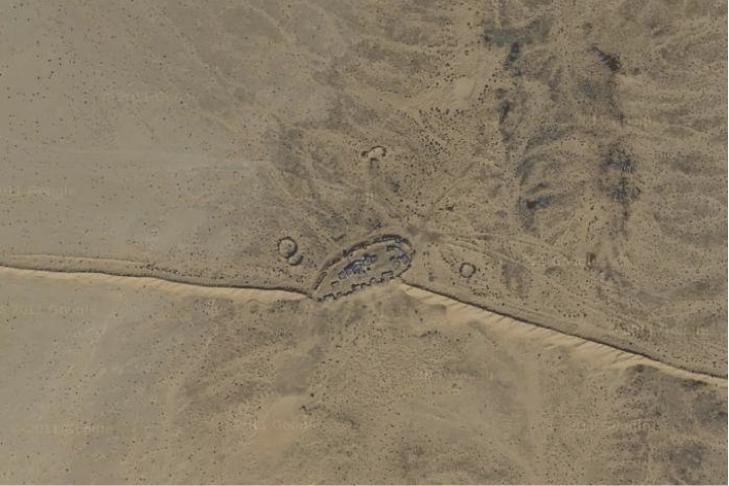

Cornell Law Professor and Director of the Cornell Institute for African Develpment Muna Ndulo discusses the processes needed to create a successful and lasting constitution in post-conflict states.

Caitlin Gunther discusses the proposed Colombia Free Trade Agreement and some issues that Congress must consider before ratifying the agreement.
I. Introduction
In March 2009, Housing and Urban Development Secretary Shaun Donovan testified before Congress about the growing danger of a unique low-income housing crisis. He stated that suburban sprawl has decentralized both affordable housing and job opportunities, which has rendered low-income families particularly susceptible to energy cost spikes. Today, low-income suburban families spend nearly one third of their income on transportation.[ii] As the price of private transportation continues to soar, the rate of gentrification of urban areas has increased. This, in turn, leads to rises in rents and property taxes in urban areas, which forces low-income residents to migrate to low-cost areas. And for the first time, the destination of the underclass is the former haven of the old establishment: the suburbs, which during the past twenty years have been overbuilt and are now drastically undervalued.[iii] However, low-income families are particularly ill-suited to suburban life. Its low densities and “clustered” land use patterns make public transportation uneconomical,[iv] and compel transportation by automobile.[v] Faced with unprecedented demand for private transportation among indigent drivers, states should seek to decrease the derivative costs of car ownership by providing government-run automobile insurance schemes for minimum coverage. As three Canadian provinces demonstrate, such schemes ensure lower and more equitable insurance premium costs.
II. Automobile Insurance Law in the United States
That indigents must bear suburban driving costs is an unfortunate consequence of the market response to the energy crisis. However, driving also requires purchasing automobile insurance, which is a matter of state control. Current insurance schemes are an artifact of suburban preference for upper- and middle-class consumption: insurers exploit a false market to raise rates, and exploit information asymmetries to package gains as losses.[vi] Such transaction costs presuppose a consumer’s voluntarily participation in the market. But what of the involuntary participant?

